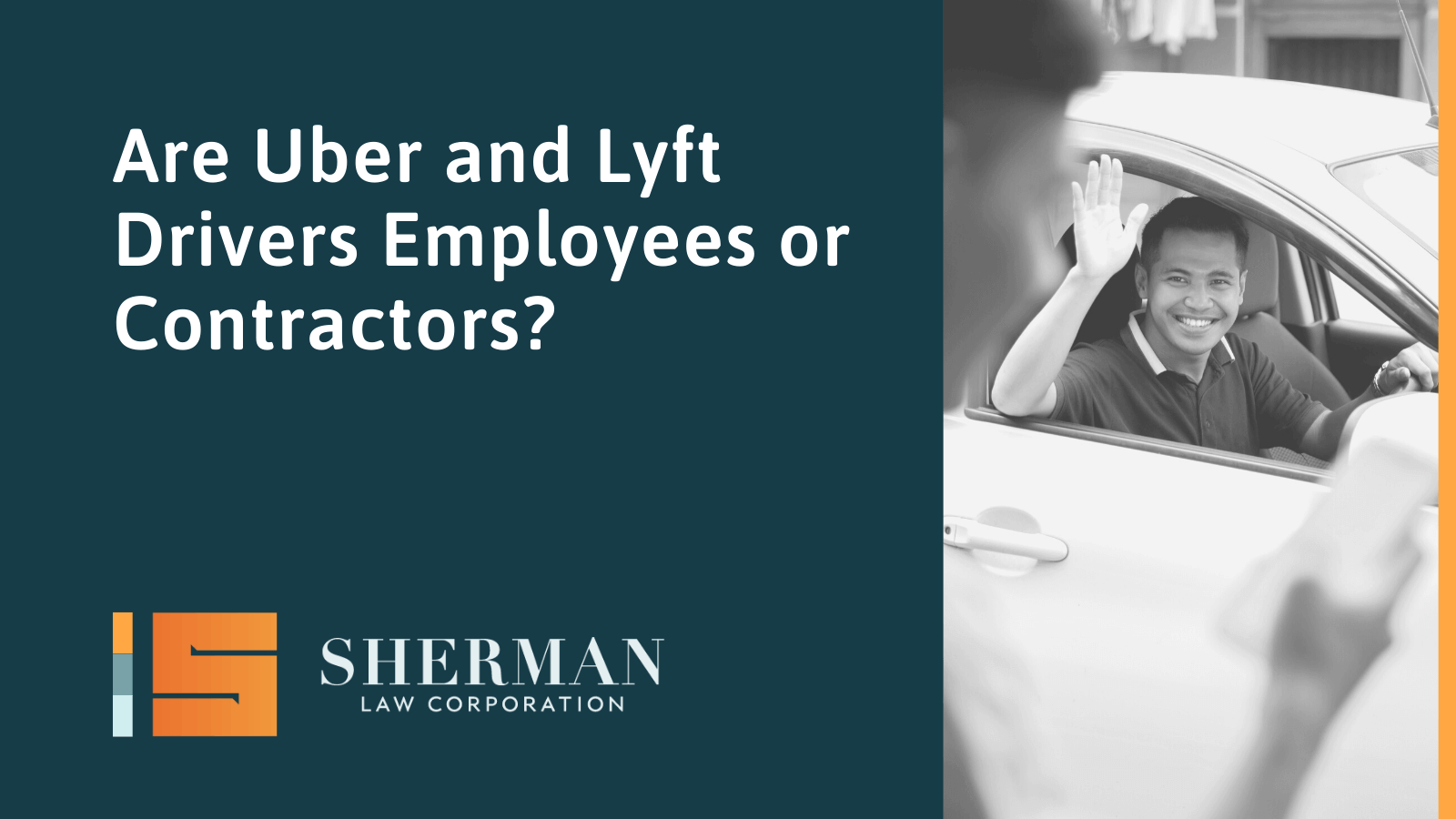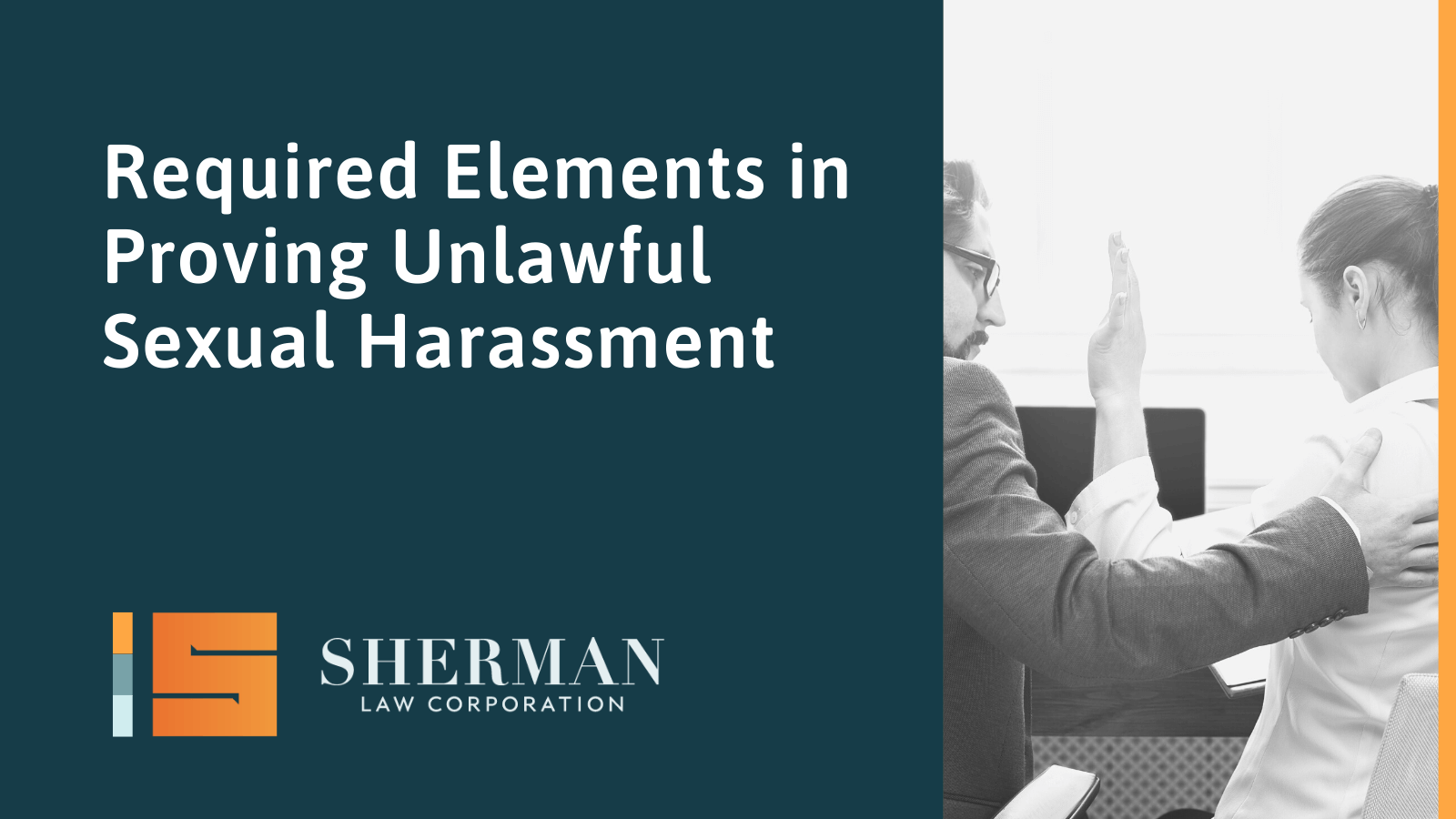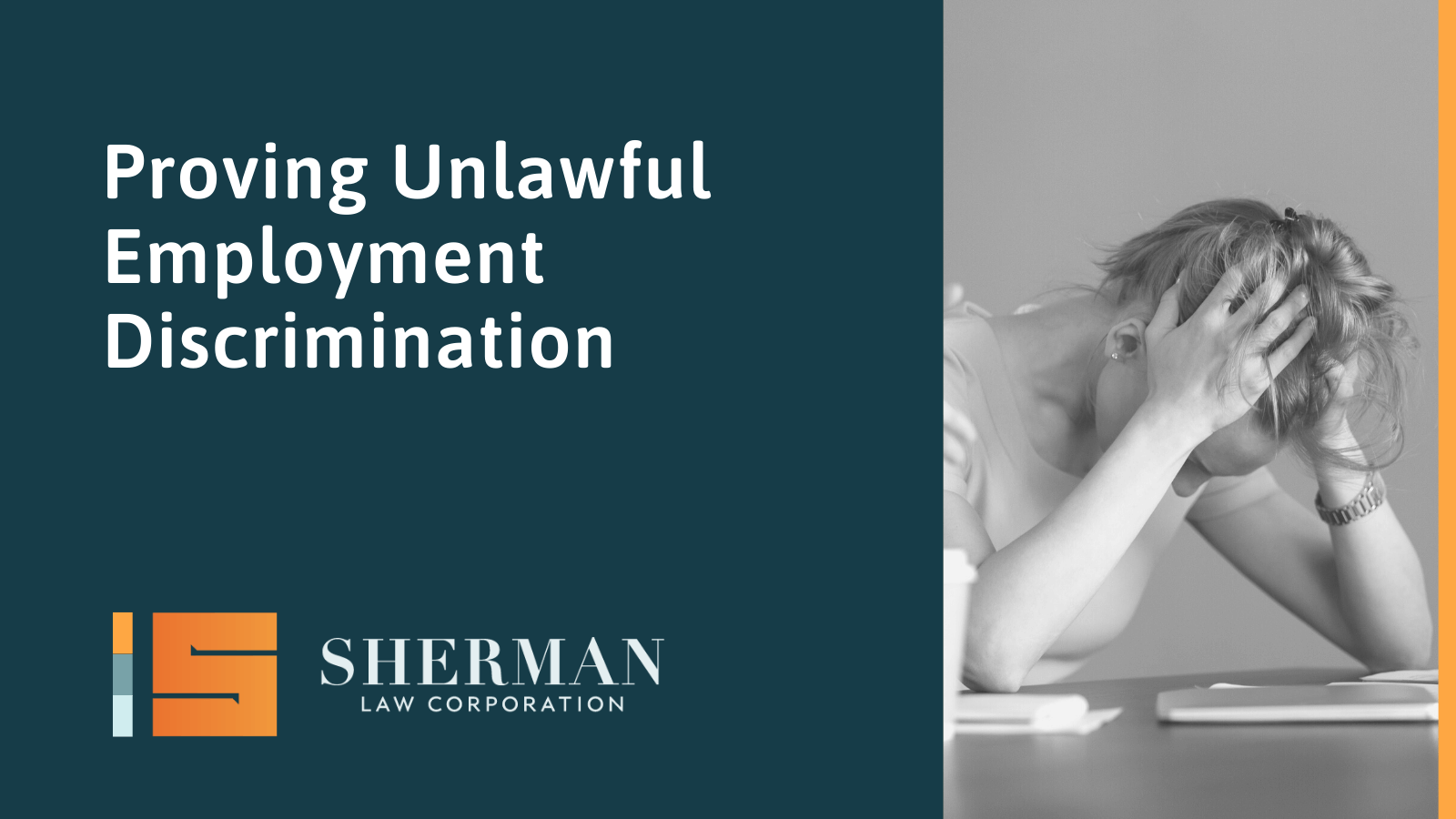

What Factors Do a Court Consider in Determining if Uber and Lyft Drivers are Employees?
The short answer is control. Is the employer controlling the drivers by telling them what to do, how they will be paid, and what they are required to do to? If so, they are employees. Compare a properly-classified independent contractor like the over-paid plumber who comes to your house two hours after the four hour window three days later, jiggles a few knobs, hands you a greasy bill and leaves in less than two minutes. No one told the plumber what to do, how much to charge you, or that he was required to be nice to you. Let’s consider the undisputed facts that have been released so far.
- Uber and Lyft set the rate that the drivers will be compensated.
- Uber and Lyft set fares, screen, hire and fire drivers.
- Lyft drivers must keep their vehicles 100% clear of clutter.
- Lyft drivers must give passengers a fist-bump when they enter the car.
- Uber drivers will be “deactivated” for passenger ratings that fall below 4.5 on a five point scale.
Last year, an appeals court in California ruled that Fed Ex misclassified delivery-truck drivers as independent contractors because of the control factor. Fed Ex made them dress in those ugly brown uniforms like Kevin James in King of Queens, required that they perform certain duties when they delivered packages and even made them meet grooming and appearance standards.
If Uber and Lyft Lose the Class Actions, What Will Likely Happen?
Misclassification of independent contractors is extremely costly. They will be held liable to pay all of the taxes that were not paid, significant penalties for not paying in compliance with the California Labor Code for timely payment of wages for employees, and violation of the reporting requirements for itemized wage statements and recordkeeping. If the drivers contend that they are owed overtime or meal and/or rest breaks, they will be fighting a more expensive battle.
In addition, it will be costly for both companies to reclassify them going forward because in addition to the additional taxes that they will need to pay, they will be required to pay drivers all expenses incurred in connection with driving, which means, the cost of gas and maintenance of their cars, in addition to, the increased costs of workers’ compensation and other types of insurance to cover any fatalities, etc. Also, if the drivers are reclassified as employees, they will be entitled to paid sick leave in July if they meet the low eligibility requirements which will pose an even greater cost to the employers.
While Uber is currently valued at $41 billion and receiving significant venture capital and its smaller rival, Lyft, valued at a mere $700 million, it is likely that these two powerhouses, backed by their heavy-hitting investors, will lobby the legislature to address the “woefully outdated” employment categories that will apply to app-enabled companies like them. In the meantime, you can be assured that whatever the outcome, the companies will drag out any final binding decisions by virtue of the broken-down court system and long appeal process or cut a deal with the plaintiffs’ that will allow them to continue operating.
Would Adverse Court Decisions Have Any Affect on Other Industries in California?
From an employment law perspective, there is nothing involving either of these two cases that is out of the ordinary, even for California. In fact, the cases reaffirm that the Court’s will look at the actual working relationship between the parties, and not just their rhetoric. In other words, simply calling them technology companies that license their apps to drivers is nothing more than a smoke screen. These two cases may be unique in that they involve technology-enabled response to performing work, but in fact is it any different than calling workers to serve as drivers, babysitters, or to run errands? Instead of responding to an alarm, or a phone call, the app alerts them it is time to perform work. I had the same situation arise over fifteen years ago with limousine drivers which the state of California correctly held were employees.
Putting aside the easy legal analysis, what differentiates these two cases is the public’s love for these services. So will the company pay more to employ them or will the legislature carve out an exception for them? When the dust settles, it will be interesting to see how this all plays out because the real reason that these drivers should be employees is to ensure that these companies carefully screen them, insure them, and keep us safe on the roads.
Contact Us: For more information on classifying workers, contact Lisa Sherman at lisa@sherm-law.com or at (323) 488-2087.




